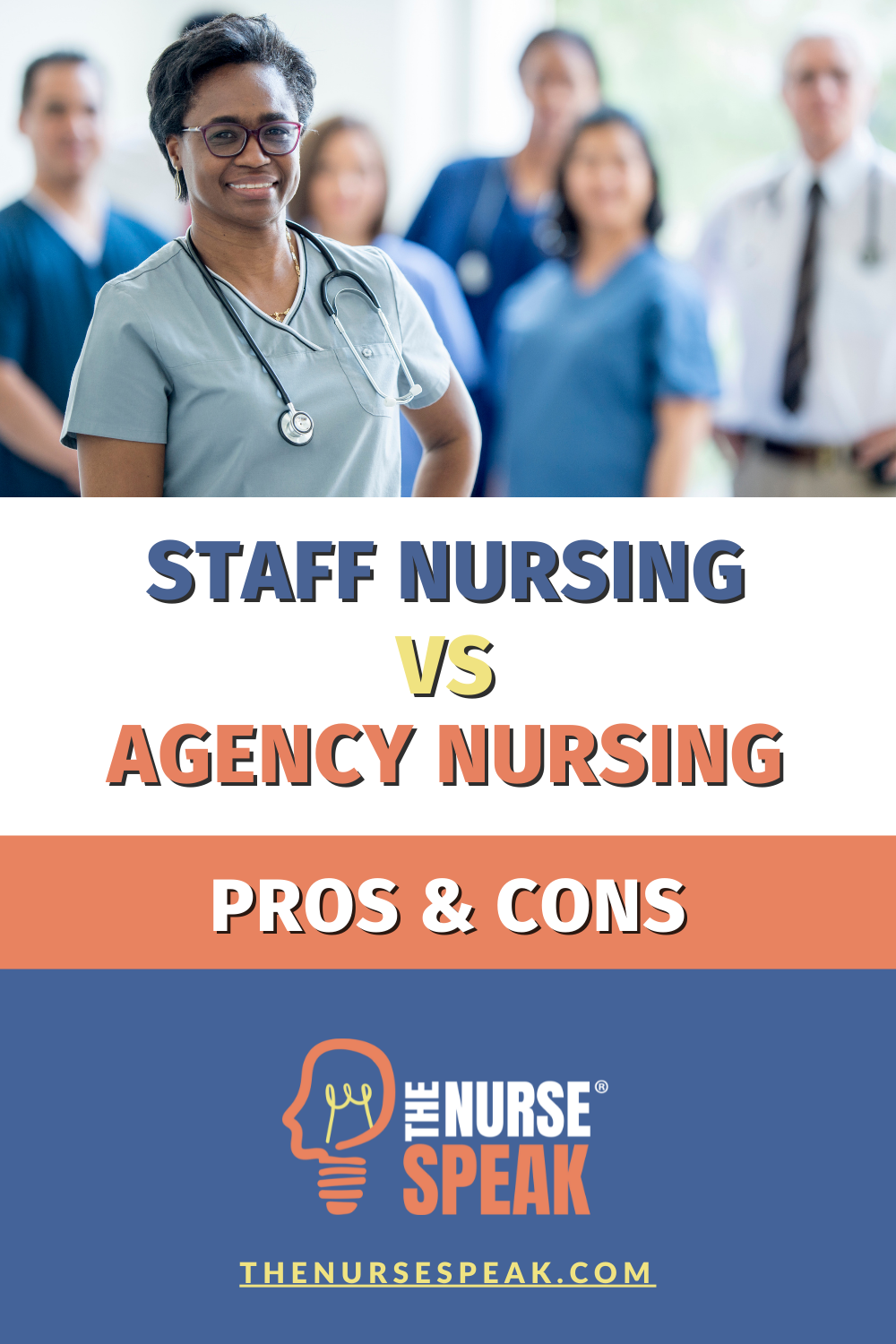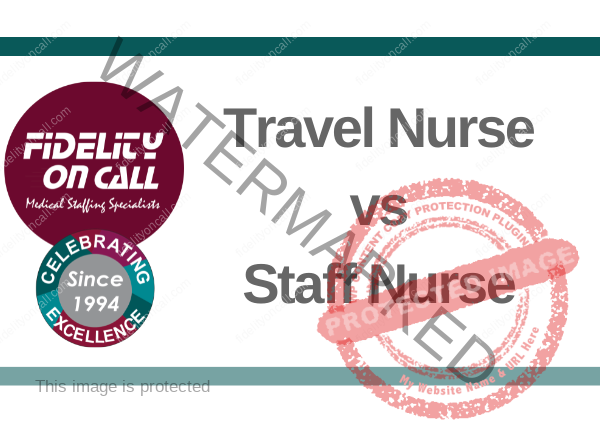As a travel enthusiast and nursing professional, the choice between travel nursing and staff nursing can be challenging yet exciting. With each option offering distinct advantages, this comprehensive guide will help you navigate the differences, pros, and cons between travel nursing and staff nursing while sharing personal travel experiences and insights along the way.
Understanding Travel Nursing
Travel nursing is a unique and adventurous career path that allows nurses to work temporary assignments in various locations across the country (or even internationally). It is ideal for those who crave flexibility, adventure, and the opportunity to experience new cultures while providing essential healthcare services.
The Basics of Travel Nursing
- Assignments typically last from 8 to 26 weeks.
- Nurses often receive higher pay rates, housing, and travel stipends.
- Opportunities are available in diverse settings, offering a range of experiences.
Why Choose Travel Nursing?
Travel nursing allows for a unique blend of professional growth and personal exploration. Below are some key benefits:
- Flexibility: Choose your assignments and locations.
- Higher Compensation: Travel nurses often earn more than their staff counterparts.
- Adventure: Explore different cities, cultures, and work environments.
Understanding Staff Nursing
Staff nursing refers to permanent nursing positions within a healthcare facility. Staff nurses typically work in one location for extended periods, providing continuity of care and building long-term relationships with patients and colleagues.
The Basics of Staff Nursing
- Permanently employed by a healthcare facility.
- Stability and predictable work schedules.
- Opportunities for advancement within the organization.

Why Choose Staff Nursing?
For many nurses, staff nursing provides a sense of security and community. Key advantages include:
- Job Security: Predictable workload and benefits.
- Career Development: Opportunities for specialization and advancement.
- Patient Relationships: Build rapport with patients over time.
Travel Nursing vs. Staff Nursing: A Comparison
| Feature | Travel Nursing | Staff Nursing |
|---|---|---|
| Location | Varies by assignment | Fixed location |
| Contract Length | 8-26 weeks | Permanent |
| Pay | Generally higher | Stable salary |
| Benefits | Includes housing and travel stipends | Health insurance, retirement plans |
| Work Environment | Varies with each assignment | Consistent team and culture |
| Continuity of Care | Limited | High |

Pros and Cons of Travel Nursing
Pros
- Higher earning potential – Many travel nurses report making significantly more than their staff counterparts.
- Adventure and experiences – My travels took me from the bustling hospitals of New York City to beautiful beaches in California, enriching not only my professional life but my personal perspective.
- Networking opportunities – Working in various facilities allows you to meet diverse professionals and expand your network.
Cons
- Less job security – Short-term contracts may lead to periods without employment.
- Adapting to new environments – Constantly adjusting to new staff and patients can be challenging.
- Limited relationships – Building lasting relationships can be difficult in temporary roles.

Pros and Cons of Staff Nursing
Pros
- Job security – Permanent positions come with benefits and stability.
- Consistent work environment – You develop long-term relationships with patients and colleagues.
- Opportunities for advancement – Many staff nurses have the chance to specialize or move up within their organization.
Cons
- Less flexibility – Set schedules and limited choice in assignments.
- Potentially lower pay – Staff nurses may earn less than travel nurses, especially in high-demand areas.
- Burnout risk – Working with the same team and patients may lead to fatigue over time.

Travel Tips for Travel Nurses
Embarking on a travel nursing adventure? Here are some tips to make the most out of your experience:
1. Research Your Destination
Before accepting an assignment, research the area. Understanding the cost of living, local culture, and amenities will help you transition smoothly.
2. Network with Other Nurses
Connect with fellow travel nurses online or through nursing forums. They can offer valuable insights and recommendations.

3. Invest in Good Gear
Comfortable shoes, scrubs, and a reliable travel bag are essentials. A good investment in quality gear can make a world of difference during your travels.
4. Stay Open-Minded
Embrace the adventure! Each location has its unique charms; immerse yourself in the local culture to enrich your experience.

Destination Highlights for Travel Nurses
1. California
From the coastline to the mountains, California boasts diverse landscapes and vibrant cities. Travel nurses can explore San Francisco, Los Angeles, and San Diego, each offering unique experiences.
2. New York City
Work in one of the most iconic cities in the world! New York City is filled with cultural experiences, world-class dining, and bustling nightlife.

3. Colorado
If you love the outdoors, assignments in Colorado offer stunning mountain views and access to hiking, skiing, and more. The friendly communities make it an appealing choice for many travel nurses.
Frequently Asked Questions (FAQs)
What qualifications do I need to become a travel nurse?
Typically, you need a valid nursing license, at least one year of clinical experience, and relevant certifications for your specialty. Some agencies may have additional requirements, so be sure to research accordingly.
How do I find travel nursing jobs?
There are various agencies and job boards dedicated to travel nursing positions. Websites like TravelNursing.com and Nurse.com can be valuable resources.
Is travel nursing worth it?
For many, travel nursing presents an exciting opportunity to enhance their career while exploring new places. Assess your goals, lifestyle, and preferences to determine if it’s the right fit for you.
Can I still have a family and be a travel nurse?
Absolutely! Many travel nurses maintain strong family connections by planning assignments closer to home or coordinating travel schedules to align with family events.
Conclusion
Ultimately, the choice between travel nursing and staff nursing boils down to personal preferences and career goals. As someone who has pursued both paths, I can assure you that whether you seek new adventures or a stable workplace, the nursing profession offers diverse opportunities to thrive. Consider your lifestyle, financial goals, and desire for flexibility when making your decision. Whichever path you choose, nursing remains a rewarding and impactful career.